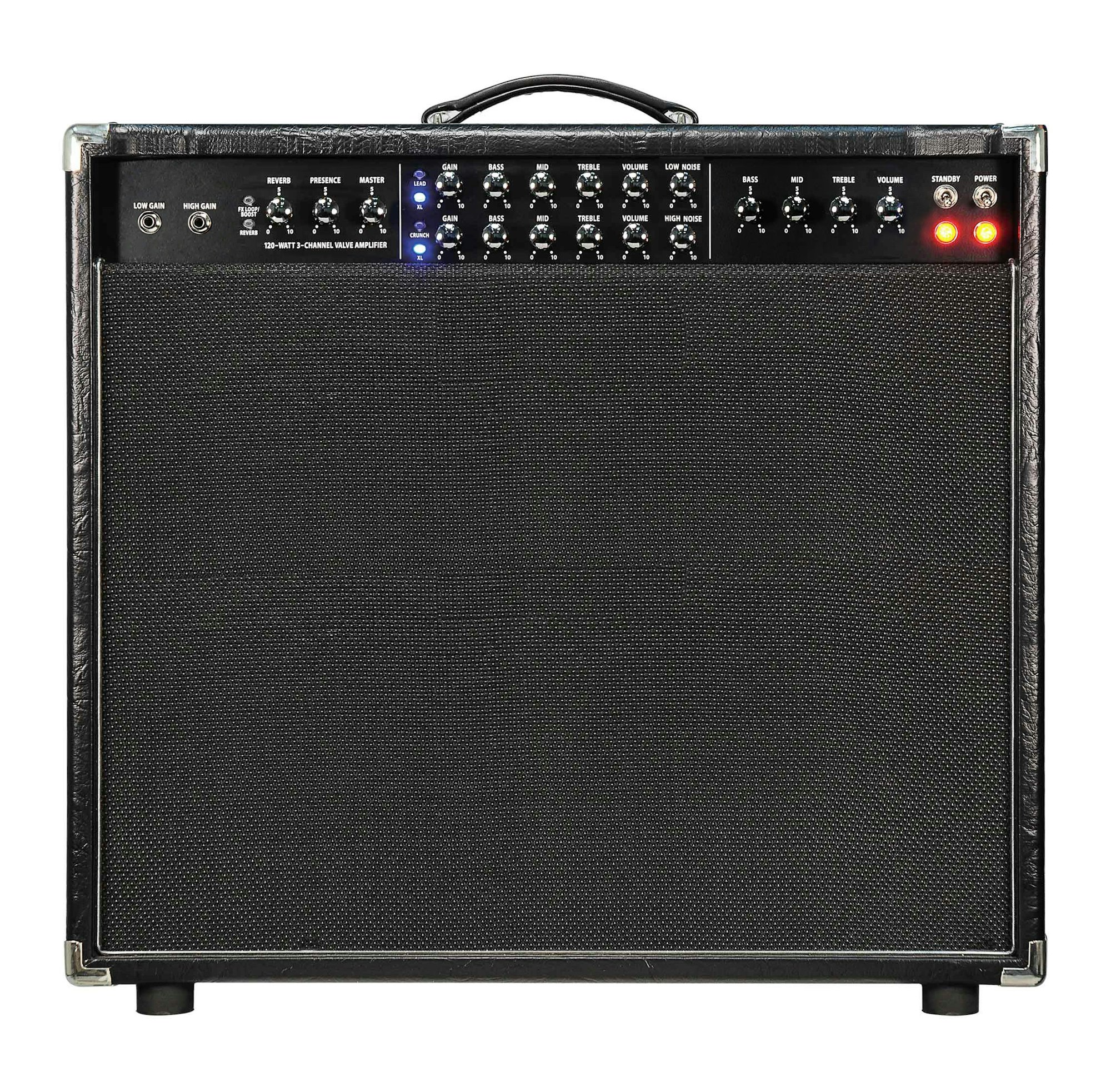Your car audio system is more than just a way to listen to your favorite tunes while cruising down the road. It is a reflection of your taste, personality, and the very character of your vehicle. Therefore, to ensure your car audio system delivers high-quality sound, an essential component you cannot ignore is the amplifier. But with the myriad of options available in the market, how do you choose the right amplifier for your car audio system? Let’s dive in and find out.
Understanding the Role of Car Amplifiers
Before you venture into the process of choosing an amplifier, it’s important to understand the crucial role these devices play in your car’s audio system. An amplifier, or ‘amp’ as it’s commonly referred to, is the powerhouse of the audio system. It is the component that boosts the sound signal from your radio, CD player, or other audio source for output through your car’s speakers.
Sujet a lire : What’s the Best Way to Repair Minor Scratches on Your Car?
Without an amplifier, you could have the most expensive speakers in your car, but they won’t deliver their full potential. Amps provide the necessary power to make your speakers produce sound at their maximum capacity. They will ensure high quality, crystal clear sound, even at high volumes, reducing distortion and improving the overall audio experience significantly.
Selecting the Right Class of Amplifier
When you head out to buy an amplifier, you’ll find that these devices are categorized into different classes. The class of an amplifier primarily determines its efficiency, sound quality, and heat generation. The most common classes in car amplifiers are Class A, Class B, Class AB, and Class D.
Avez-vous vu cela : Can You Improve Your Car’s Interior Lighting for Better Ambiance?
Class A amplifiers deliver excellent sound quality but are less power efficient and generate substantial heat. Class B amplifiers, on the other hand, are more energy efficient but slightly compromise on sound quality. Class AB amplifiers strike a balance between Class A and B, delivering good sound quality with better efficiency. Class D amplifiers are highly efficient and produce less heat, but they might not deliver the same audio quality as the other classes.
Considering the Number of Channels
The channel number is another crucial aspect when choosing your car amplifier. Simply put, the number of channels refers to the number of speakers or subwoofers an amplifier can power simultaneously.
A single channel or mono amplifier is suitable if you want to power only a single speaker or a subwoofer. A 2-channel amplifier can power two speakers or can be bridged to power a single speaker with more output. A 4-channel amplifier is versatile, able to power four speakers or a combination of speakers and a subwoofer. There are also 5, 6, or even 8-channel amplifiers available, giving you more options for a complex audio system setup.
Checking the Power Output
The power output of an amplifier is crucial as it determines how loud your speakers can get. When looking at the power output, it’s important to consider the RMS (Root Mean Square) power, not the peak power. The RMS power is a measure of continuous power that an amplifier can output, while the peak power refers to the maximum power output at an instant.
The power output should match your speaker’s power handling capacity. Don’t buy an amplifier with a power output that is too high for your speakers, as it can damage them. Conversely, a low-power amplifier will not allow your speakers to reach their full potential.
Matching the Amplifier with Your Speakers and Subwoofers
The last step in choosing the right car amplifier is ensuring it matches your speakers and subwoofers. This isn’t just about the power output but also about the impedance, or resistance, your amp can handle.
Most car speakers have an impedance of 4 ohms, but some high-performance speakers and subwoofers might have a lower impedance. Always ensure that your amplifier is capable of handling the impedance of your speakers and subwoofers to avoid damaging the system.
Choosing the right car amplifier might seem complex, but by understanding the role of amplifiers, considering the class, checking the number of channels and power output, and matching it with your speakers and subwoofers, you will be well on your way to achieving high-quality sound in your car.
Factors to Consider: Size and Installation
Once you’ve gained a grasp on the technical aspects of a car amplifier, the next step is to consider the practical factors. One of the crucial factors to consider is the size of the amplifier. It must fit in your vehicle without causing any inconvenience. An oversized amplifier may have better performance but could be problematic if your car doesn’t have enough space for it. On the other hand, a compact amplifier may easily fit but might not deliver the same power or sound quality.
The location of the amplifier in your car is also important. Amps generate heat when they’re in use, so they need good ventilation to avoid overheating. Most people prefer to install them in the trunk or under a seat, but remember that these locations should have sufficient air circulation.
Also, take into account the ease of installation. If you’re handy with tools, you might be able to install the amplifier yourself. However, if you’re not confident with wiring and installation, it’s a good idea to leave it to the professionals. A poorly installed amplifier can ruin not only the sound quality but also potentially damage your audio system.
Lastly, check if the amplifier has the necessary input and output connections compatible with your car stereo. This compatibility ensures seamless integration with your existing audio system.
Budget and Brand Reputation
Your budget is an essential factor when choosing a car amplifier. High-end amplifiers come with advanced features and superior sound quality but are costly. Conversely, you can find affordable car amplifiers that offer decent performance, but they might not meet the same quality standards as their more expensive counterparts.
It’s crucial to find a balance between your budget and the quality of the amplifier. Don’t compromise on sound quality and power just to save a few bucks. Instead, look for an amplifier that provides value for money, offering good sound quality and power within your budget.
Brand reputation is another significant factor when shopping for a car amplifier. Renowned brands often have a proven track record of delivering reliable, quality products. They also usually offer better customer support and warranties, which can be a big advantage if you encounter issues with your amplifier.
Some of the reputable brands in the car audio industry include Pioneer, Kenwood, JL Audio, Alpine, and Rockford Fosgate. Research and read reviews before making a decision, and don’t shy away from asking professionals for advice.
Conclusion
Choosing the right car amplifier for your audio system can seem like a daunting task, but with the right guidance, it becomes a manageable process. Understanding the role of car amplifiers and the implications of their different classes is the first step. Determining the number of channels and the power output helps to ensure that the amplifier matches your speakers and subwoofers. Considering the size, installation, budget, and brand reputation further refines your choices.
In the end, the goal is to enhance the sound quality of your car audio and create a listening experience that you enjoy. By considering the factors discussed here, you are on the right path to making the most of your car stereo and truly personalising your vehicle. Take your time, do your research, and then choose the amplifier that best suits your needs and preferences.






